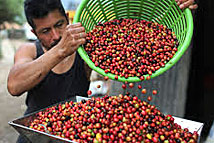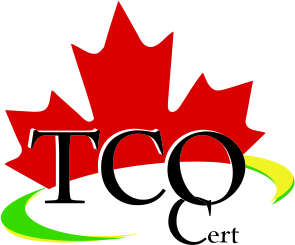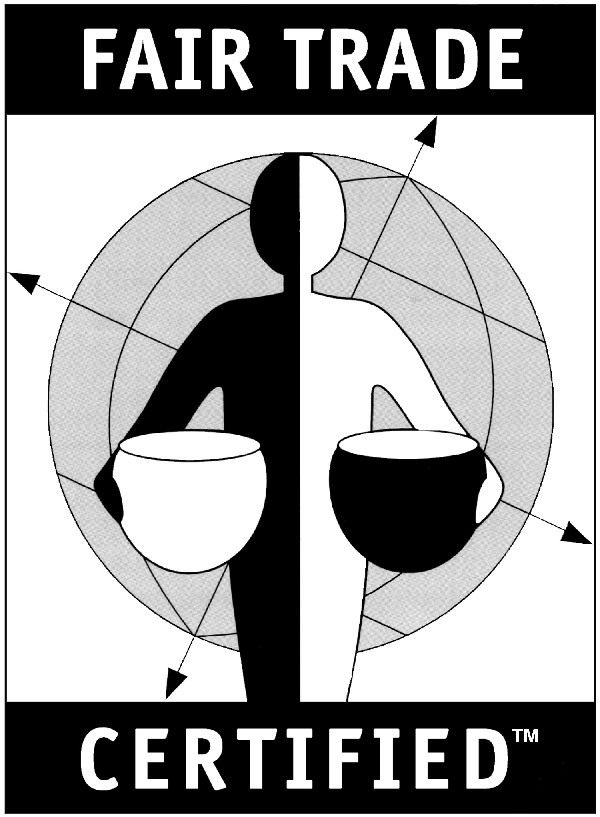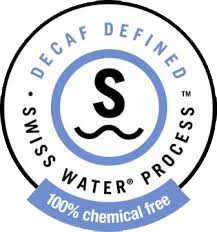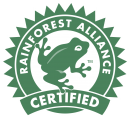Black Ivory: The world’s most expensive coffee
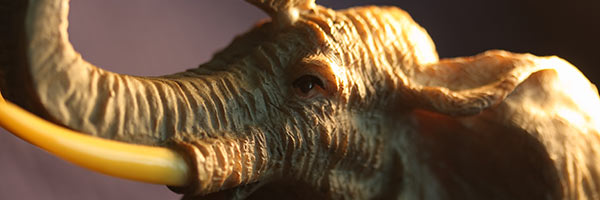 The world’s most expensive cup of coffee is only available in a few locations. The MGM Macau, select five-star resorts in Malaysia, Thailand and the Maldives, and other such high-end Asian establishments – where money is no object to patrons – serve up this decadent drink. Only one place in the western world sells the beans, such is the exclusivity of the beans.
The world’s most expensive cup of coffee is only available in a few locations. The MGM Macau, select five-star resorts in Malaysia, Thailand and the Maldives, and other such high-end Asian establishments – where money is no object to patrons – serve up this decadent drink. Only one place in the western world sells the beans, such is the exclusivity of the beans.
Prices for Black Ivory Coffee recently touched an eye-watering $1,500 a kilogram. Servings of the coffee will set customers back around $50.
Described as radiating a dark and nutty chocolate aroma that, when tasted, leaves subtle hints of cherry and tobacco on the palate; Black Ivory Coffee is sought after for its quality and is not just some disposable luxurious item for the super-rich.
It is also ‘dispensed’ by a specific group of elephants.
For the average person it might seem that cultivation followed by extraction from the dung of an elephant is a little excessive, but it’s part of a trend that utilises digestion to enhance quality. Luckily, it’s a lot more humane than its cousin; the often unregulated kopi luwak industry which has seen civets farmed.
Thankfully, Black Ivory Coffee gives back a lot.
Canadian businessman Blake Dinkin works alongside the Golden Triangle Asian Elephant Foundation (GTAEF), a sanctuary and conversation area for elephants that have been abandoned or mistreated. It is a step towards rehabilitation for these animals that otherwise would simply be cast aside. Dinkin also pays fair salaries to local workers and provides them, and their families, with free health care.
“I’m out to make money,” Dinkin told ABC recently, “but I also want to make a difference.” A portion of the profits from Black Ivory are reinvested in the foundation, ensuring that the elephants are looked after, and scientists ran tests to ensure that the animals would not feel any ill-effects of being fed coffee cherries.
So how does it work?
The digestive system breaks down the proteins of the coffee bean, acting as a slow cooker where a ‘natural fermentation process takes place’.
Expensive, perhaps too excessive, but, reportedly it’s some of the best coffee around. Yet one of the most appealing aspect of this enterprise is that it truly does benefit the local communities and the elephants in the sanctuary.
Courtesy: www.worldcoffeepress.com

